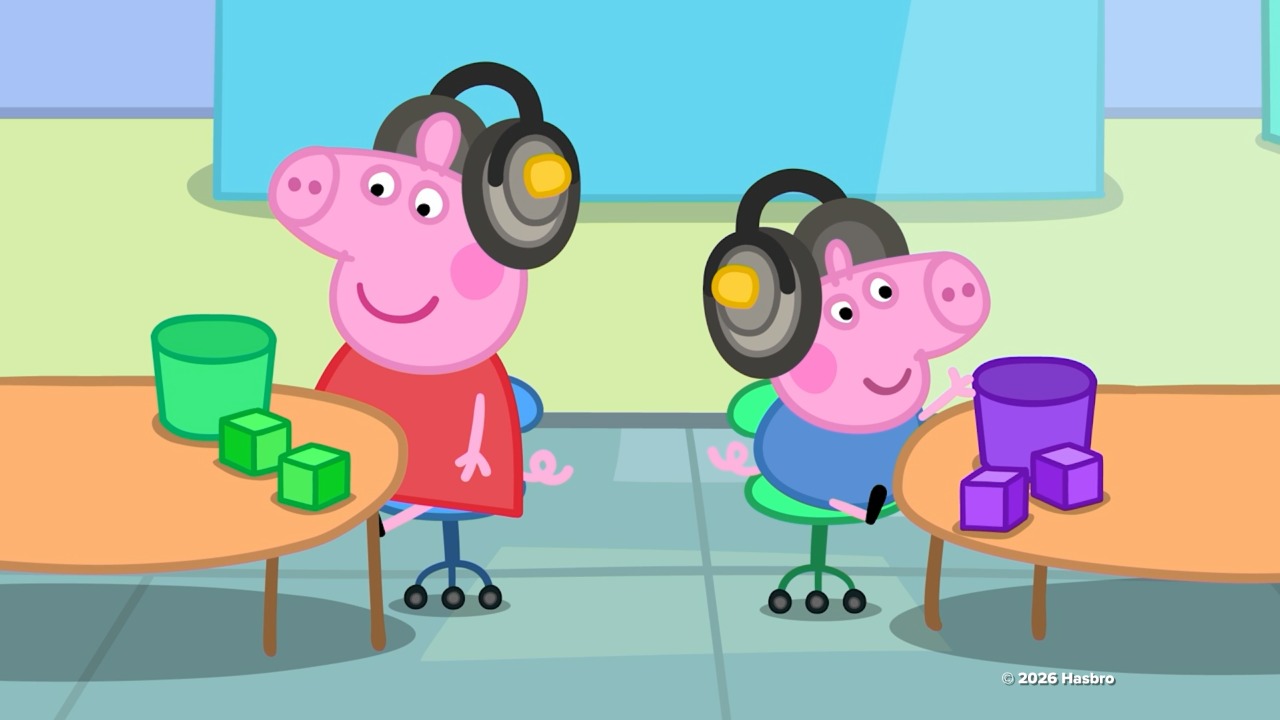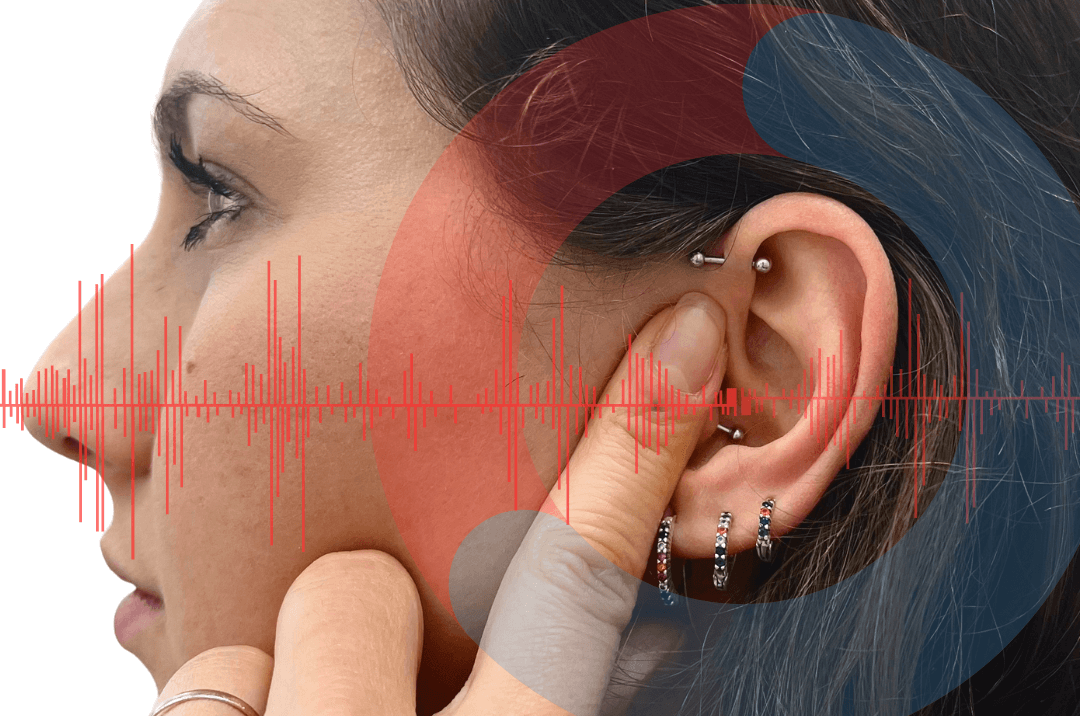
What Is Diplacusis?
Diplacusis is a rare hearing disorder in which a single sound is perceived differently by each ear. Instead of hearing
Not all environmental noise is considered noise pollution. The World Health Organisation (WHO) says that any noise above 65 dB can be considered noise pollution. If the noise level begins to exceed 75 dB, then it becomes harmful to your hearing. If the level continues to rise and reaches 120 dB or higher, then it could be painful and could also cause permanent damage to your hearing. Interestingly, for a restful night’s sleep, experts recommend that any noise during the night should be kept below 30 dB.
The majority of noise pollution in a city is caused by traffic. Engines and cars beeping can reach very high levels, for example a car beeping its horn can reach 90 dB.
Obviously there are less planes than cars, however the noise of a plane engine can exceed 130 dB which far exceeds the recommended listening levels.
There are always roadworks, building sites and resurfacing works going on in towns and cities. This type of construction work often produces very high levels of noise. A pneumatic drill alone can produce noise of up to 110 dB. It has long been recommended that construction workers who operate noisy machinery wear ear protection.
A good night out can be noisier than you anticipated! Background music and chatter in restaurants, coupled with noise from the kitchen can reach pretty high levels. It goes without saying that if a night ends in a club, you are going to be exposed to sound levels over 100 dB.

A busy bar and restaurant can be a lot noisier than you anticipate!
Often the noise created by animals is forgotten about when we talk about noise pollution but if a dog is barking or howling, the noise can reach up to 80 dB. If this continues over a long period of time then it would definitely contribute to noise pollution.
There is a lot more noise pollution in large cities than there is in the countryside for obvious reasons. However, people in smaller towns and villages do also experience noise pollution. The world’s noisiest city is Guangzhou in China, followed by New Delhi in India and then Cairo in Egypt. You’ll be pleased to hear that none of the top 10 noisiest places are in the UK.
If you are continually exposed to loud noise, it can end up leading to chronic stress and anxiety. Whenever we have elevated levels of stress hormones, it can have a negative impact on the cardiovascular system. This in turn can increase the risk of heart disease and stroke. Living in a noisy environment can be linked to an increased risk of mental health problems, such as depression and certain mood disorders.
We discussed above that it is recommended that the noise level is below 30 dB for a restful night’s sleep. When noise disrupts your sleep pattern it can lead to poor sleep quality. This has a general negative effect on your overall health.
If you’re a regular of this blog, you will already be well aware that any prolonged exposure to a high level of noise can cause hearing damage, sometimes permanently. Not only can loud noise cause hearing loss, it can also cause tinnitus. Tinnitus is a constant ringing, buzzing or hissing sound that is only heard by the sufferer. Tinnitus is a horribly debilitating disorder if it is not treated and can lead to an increased risk of depression.
It’s important that we all take noise pollution seriously and take steps to protect ourselves. The most obvious and effective step is to keep the time we are spending in noisy environments to a minimum. This is especially important for loud and prolonged noise. If your career means you need to work with loud noise, such as machinery, you should be using noise protection devices. This could be earplugs or muffs.
If you are worried that you have experienced noise induced hearing damage, please ensure you get yourself booked in with an audiologist who can perform a full hearing consultation with you. If you have any other queries or would like further advice, don’t hesitate to get in touch.
[html_block id=”3745″]

Diplacusis is a rare hearing disorder in which a single sound is perceived differently by each ear. Instead of hearing

Whether you have children in your life or not, we’re willing to bet you’ve heard of Peppa Pig and her

Tinnitus is the perception of sound when there is no external source. It is commonly described as a ringing in